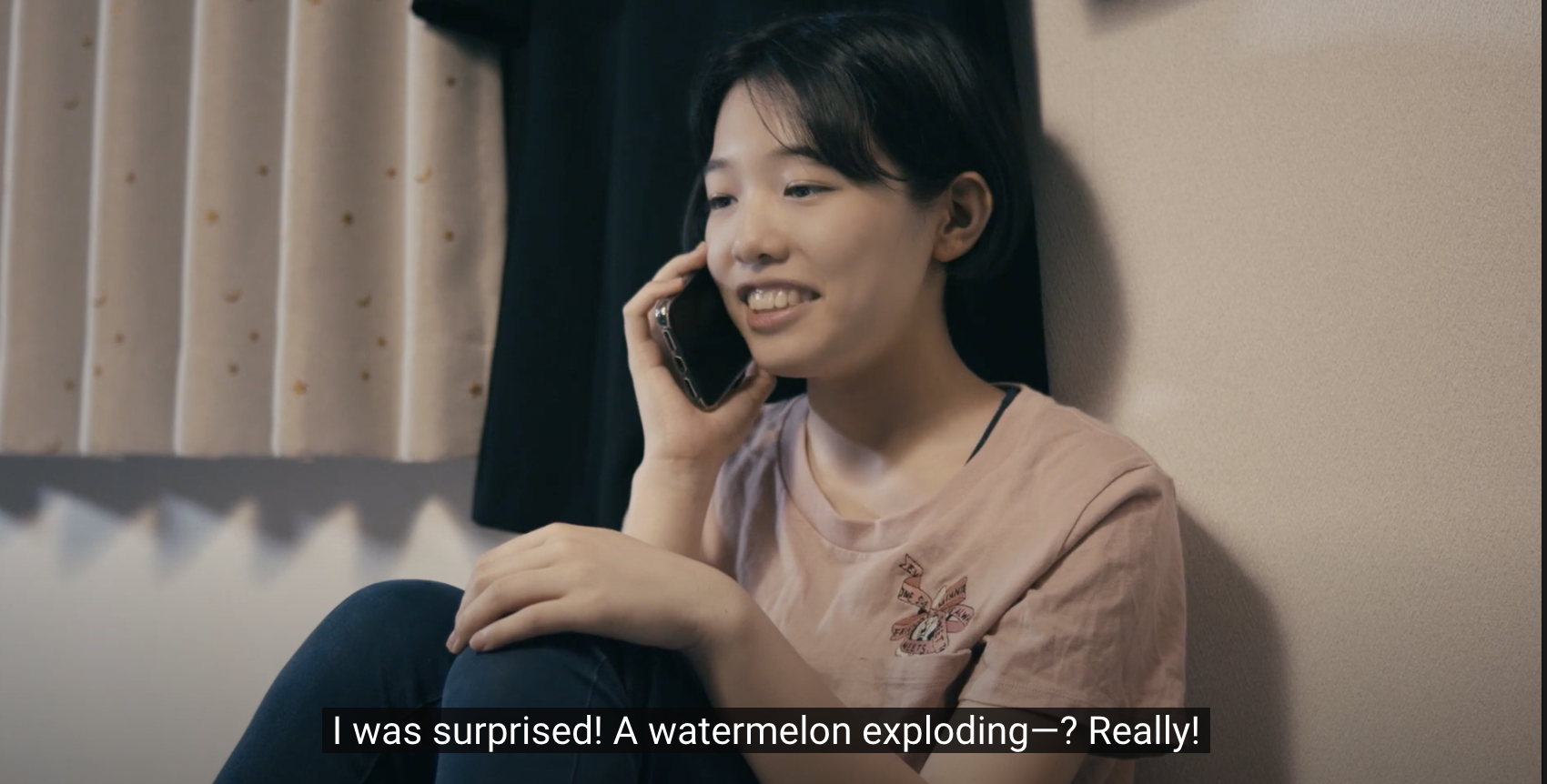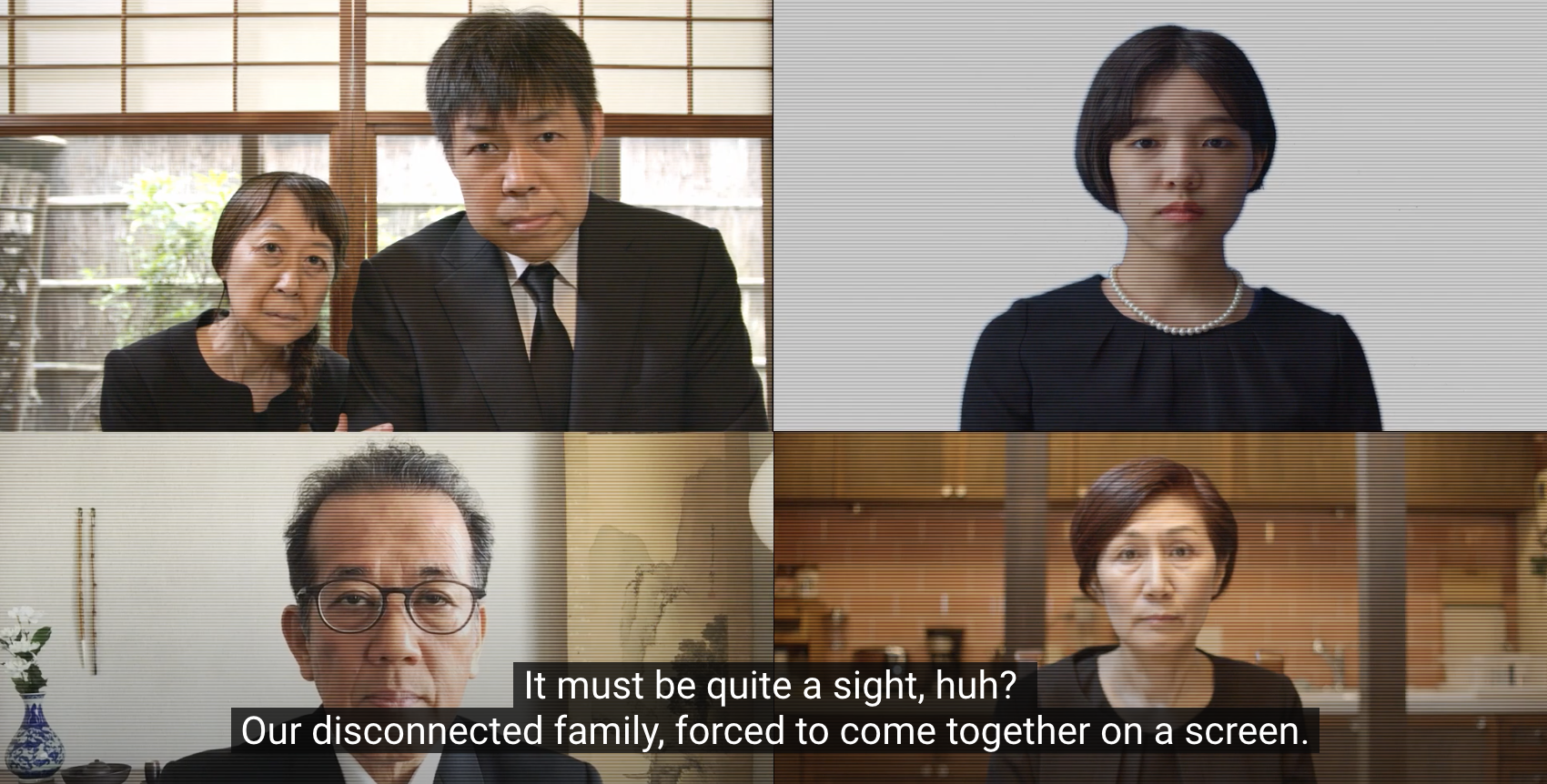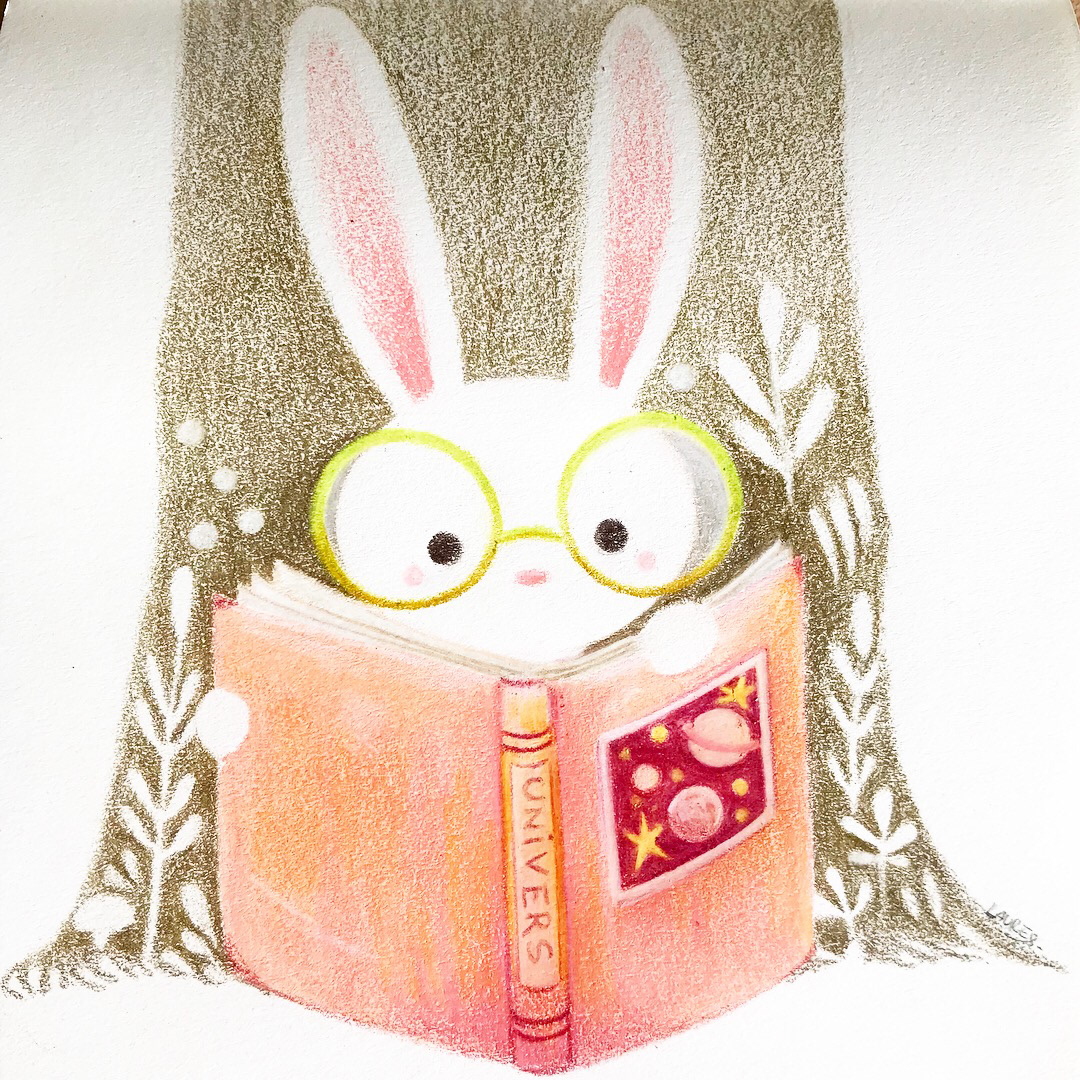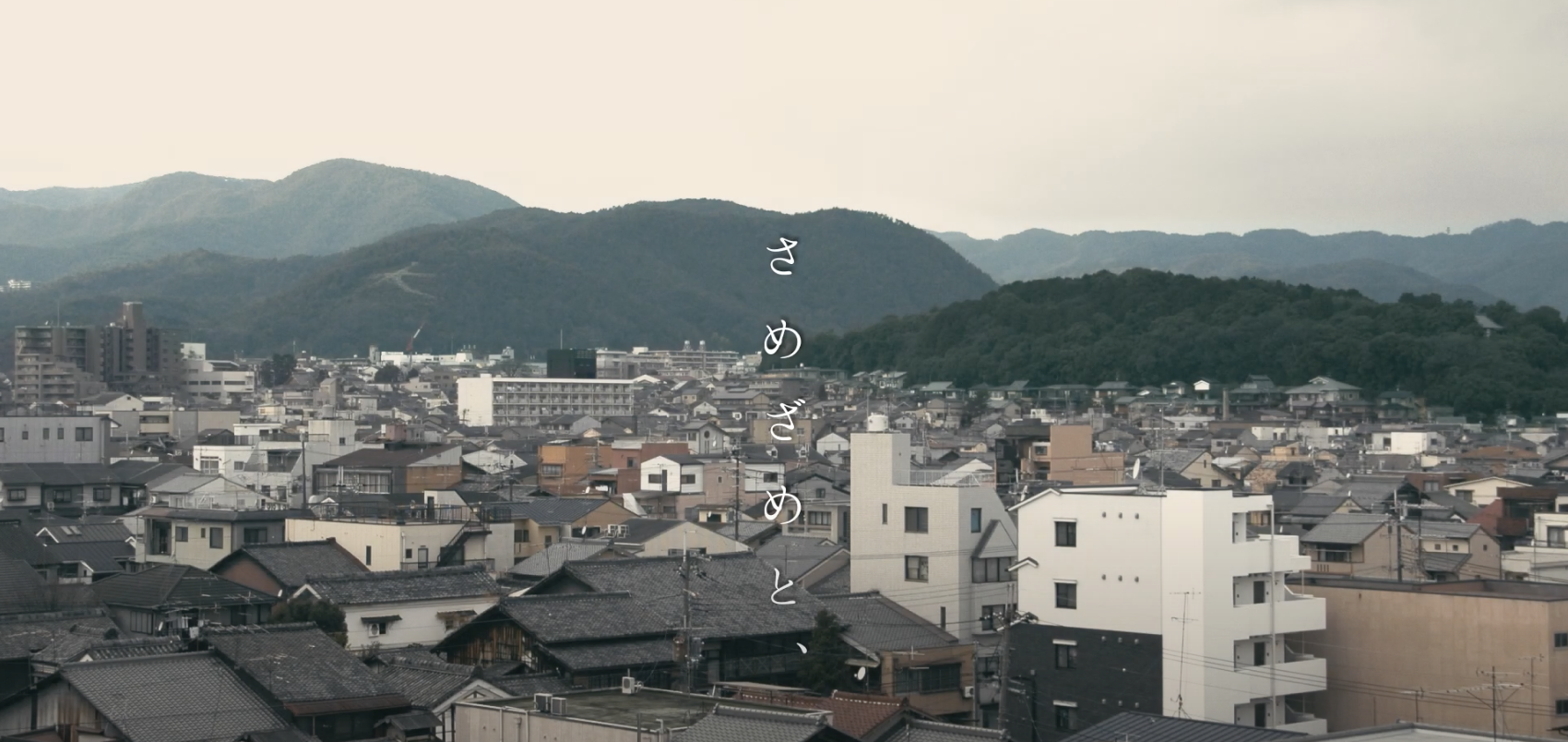Overall experience and thoughts on translation
Caitlin: I really like the thought processes that go behind translating. There’s a lot of things to consider: who you’re translating for, is the wording accessible, easy to read, timing, tone. And it’s really fun to be able to piece things together. However, translation is definitely harder than it looks, it’s much more difficult than just being able to read a page and understand it. It’s one thing to be able to reproduce the information given, but it’s another thing to be able to evoke the same kinds of emotions and feelings as the original work. I believe that when you can translate both the information and the feelings, there is a greater appreciation and understanding for the original work. I have a greater appreciation for translators now.
Kerry: Translating is a difficult, but very rewarding process. Every time I start a translation, it always takes longer (and more energy) than I expect, but the result is so worth it. By translating something, you not only make a work accessible to more people, but bring a new iteration of a work into being, and I am always awed by the result. I felt the same when working on Same zame to, especially because it was a group project. Working together and hearing everyone’s thoughts definitely helped me to reach outside of my own viewpoint and consider each line from a different perspective. It really drove home the fact that a good translation requires a lot of thinking, including from other people, in order to get enough fresh readings and opinions on the matter. I hope that I can continue to work with others on translations in the future!
Ray: It is a fun experience. Before this project, I’ve never thought that translation could be such complicated labor. There were so many things I needed to pay attention to at the same time: does the English translation maintain the meaning but also keep the nuances? Is the translation easy to read? Etc.. If I am only watching this video in Japanese, I can grasp most of the information and am able to introduce it briefly in Japanese. But being able to understand does not mean that I’m ready to translate. I need to REALLY understand every line, every word of the original text. I must chew the texts over and over again so that I know every emotion and intention behind. Only then, I could produce an accurate and nice translation.
Sarah: I personally have had a mixed experience with translation. I had a fantastic time in our initial pair translation, but once we started working in a larger group it became more frustrating trying to narrow down the perfect translation (formatting the translation into subtitles, too, was a struggle for me, as I personally encountered several technical difficulties that I would not encounter in a simple text translation). However, the idea that this effort may allow people who don’t understand Japanese to enjoy this short film makes me absolutely thrilled. I think the joy of translation is getting to share things with others. Outside of class I have started to translate lyrics of songs by Japanese artists who are not particularly well known, so that my friends who listen to those songs may understand them and the feelings guiding them, which for me is very fulfilling. So, when the group aspect of this translation has frustrated me, I’ve tried to look towards the possibility of others enjoying this work of art despite a language barrier.
Eika: I thought this experience was very valuable to me. From watching so many shows in Japanese and reading the subtitles at the same time, it was sometimes frustrating to see a translation that I thought should have been different. After trying to do it myself, I realize now that there were most likely deliberate choices they made that were not exact translations, but pinpointed a piece of information that the author wanted to convey more. Now I appreciate translation more, and would love to do it again. By doing more and more translations, I feel that I can also improve my own writing skills in both languages by observing what little details convey what messages that maybe I might not have meant to. I may have not noticed these things had I not done this translation project.
Ayumi: I learned so much and felt so fulfilled by the experience of translating this video. It helped me bridge between two worlds – that of English creative writing (though, of course, we always needed to be faithful to the original meanings) with Japanese language, and to think about how meaning and emotion is conveyed in both realms. I am personally interested in creating stories of my own, and that my love of story-telling felt very much engaged by the process of carrying meaning and feeling and nuance from one world into another. It was like disassembling a house, carrying it across an ocean, and then, as a group, reassembling it on new ground as truthfully/faithfully as possible, and employing all of our language skills to do it. I am so grateful how much my conception of translation and storytelling in both languages has been shifted by this experience.
Quinn: On the whole, it was a great experience. It really made me appreciate the effort that goes into translating, all of the layers that go into it. Translation is fundamentally a method of interpersonal communication—between the creator, characters, translator, and audience, as well as any other people you have involved with the project, and the translator is the nexus connecting all of these things. Despite and even because of the challenges involved, I’m leaving this project with a much deeper enjoyment of and respect for translation.
Yena: I think it was a valuable experience. As a Chinese native speaker, I have translated from Chinese and English and have been exposed to translations between Chinese and Japanese. Comparing translating between different languages, I feel like the difficulty to translate increases as the cultures and languages get more different from each other. Translating is definitely a form of art — it is taking a piece of art from another culture and translating it into what another group of people could understand, while keeping its original feelings and emotions. It is hard, and there is the possibility that the translated version does not have the original beauty that’s presented in the original work (or it might be more beautiful than the original work!). However, it is definitely fun and rewarding, and we can learn a lot about the other culture.



